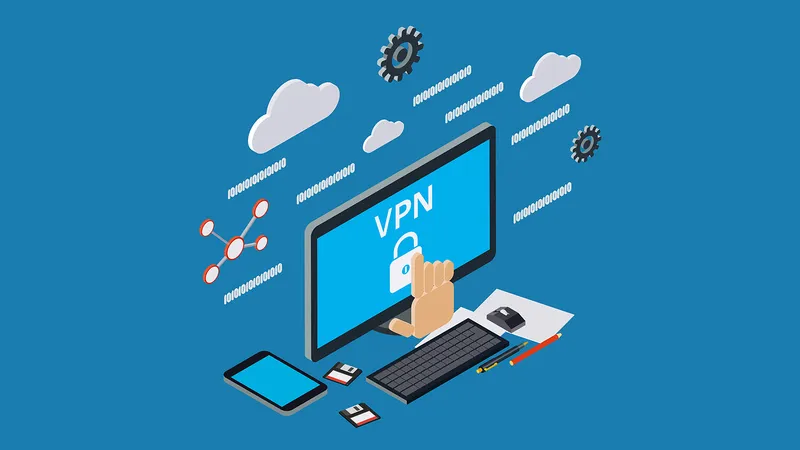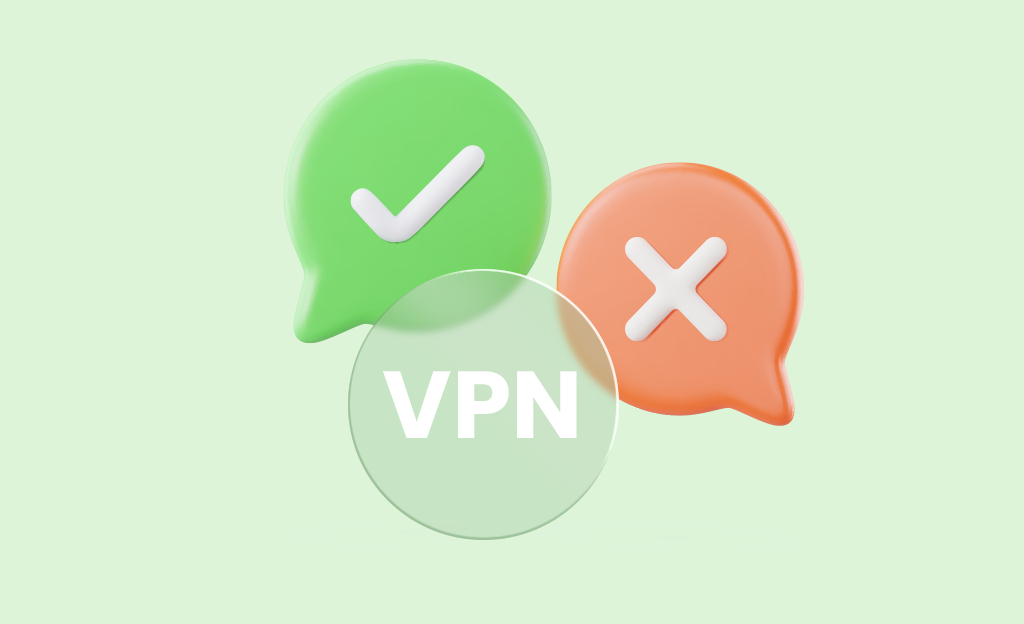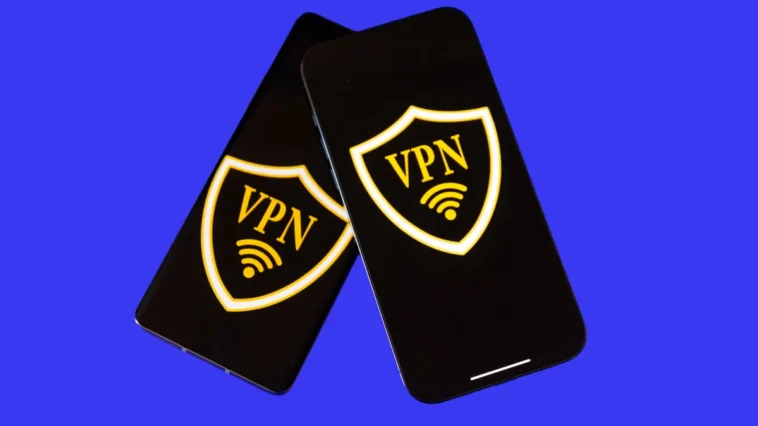The rise of the internet has been nothing short of a revolution. With it, however, came the need for personal data protection and privacy. Virtual Private Networks (VPNs) have emerged as an essential tool for safeguarding one’s digital life.
Yet, with numerous VPN connection types out there, how does one pick the ideal solution? This article delves deep into the world of VPNs, offering 20 invaluable tips to help you select the perfect privacy tool.
1. The Basics
We must explore the meaning of vpn connection. A VPN, at its core, is a secure network that allows users to transmit data across the internet as if they were connected to a private network. It offers encryption, anonymity, and the capability to bypass geo-blocks, thus making it a popular choice for many online users.
2. Types of VPN Connections

There are various VPN connection types:
- PPTP (Point-to-Point Tunneling Protocol): One of the oldest VPN types, it’s fast but offers less security.
- L2TP/IPsec (Layer 2 Tunneling Protocol): While more secure than PPTP, it might be slower due to double encapsulation.
- OpenVPN: This is an open-source VPN protocol that offers a good balance between speed and security.
- SSTP (Secure Socket Tunneling Protocol): Exclusive to Windows, it’s secure but lacks flexibility.
- IKEv2/IPsec (Internet Key Exchange version 2): Mainly used on mobile devices, it offers stability, especially when switching between networks.
Knowing the connection types helps in making an informed choice based on your needs.
3. Determine Your Primary Use
What’s your main reason for using a VPN? If you’re looking to stream content, speed will be crucial. However, if you’re more concerned about snooping eyes during online transactions, you might prioritize security over speed.
4. Consider the Jurisdiction
The VPN provider’s jurisdiction can determine its commitment to privacy. Some countries have stringent data retention laws or belong to intelligence-sharing alliances, which might compromise your data. Opt for providers based in privacy-friendly jurisdictions.
5. Delve into the Privacy Policy
Always read the VPN provider’s privacy policy. A true “no-logs” policy means they don’t store your online activity. This ensures that even if they are compelled to share data, there’s nothing of significance to give.
6. Understand the Encryption Standards

The strength of encryption determines how secure your data is. While AES-256 bit encryption is the industry standard and is incredibly secure, some might offer AES-128 bit, which is faster but slightly less secure.
7. Prioritize Speed
If you’re a gamer or love streaming, you’ll need a VPN with high speeds. Look for providers that offer unlimited bandwidth and have a vast network of servers. Test the speed of different servers to get a feel of what to expect.
8. User-Friendliness is Key
Especially if you’re new to VPNs, opt for services that have user-friendly interfaces. Easy-to-navigate apps and software will make your experience seamless.
9. Multiple Device Compatibility
In this multi-device age, ensure the VPN supports simultaneous connections across various devices – be it smartphones, tablets, or desktops.
10. Price Doesn’t Always Equal Quality
While expensive VPNs might offer more features, it doesn’t necessarily mean they’re the best. Some affordable VPNs offer impeccable services. Decide on a budget, but remember to weigh the price against the features offered.
11. Cross-Platform Support
Beyond just device compatibility, consider platforms. Whether you use Windows, macOS, Linux, iOS, Android, or even a less common OS, your chosen VPN should be compatible. This ensures seamless integration regardless of your preferred platform.
12. Customer Support Matters
Even the best VPN services can sometimes face issues. During such times, having responsive customer support can make a world of difference. Check for VPNs that offer 24/7 support, multiple communication channels (like chat, email, and phone), and also maintain a comprehensive FAQ or knowledge base for users.
13. Trial Periods and Money-Back Guarantees

Before committing to a long-term subscription, see if your chosen VPN offers a trial period or a money-back guarantee. This way, you can test their services risk-free and ascertain if they meet your needs.
14. Server Locations
The location and number of servers can influence both speed and access to geo-restricted content. If you’re keen on accessing content from a specific region, ensure your VPN provider has servers there. More server locations also mean more options to find the best connection.
15. Check for Kill Switch Features
A kill switch is a security feature that disconnects your device from the internet if the VPN connection drops unexpectedly. This ensures that your real IP address is never accidentally exposed. It’s an essential feature for those particularly concerned about maintaining their online anonymity.
16. Understand Potential Limitations
While VPNs can bypass geo-blocks, some platforms are getting adept at detecting and blocking VPN connections. Understand that while a VPN can enhance your access, it may not be a guaranteed ticket to every platform or service.
17. Look into Additional Security Features
Beyond standard encryption, some VPNs offer extra features like Double VPN (routing your connection through two servers for added security), Onion Over VPN (integration with the Tor network), and protection against DNS leaks. Depending on your security needs, these might be worth considering.
18. Assess Scalability (Especially for Businesses)

If you’re a business owner, think about your future needs. As your team grows, you’ll need a VPN service that can grow with you, offering bulk plans or business-specific packages.
19. User Reviews and Recommendations
While features and specs are essential, user experience can offer valuable insights. Read reviews, visit forums, or ask peers for their recommendations. Often, real-user feedback can provide details not covered in official marketing material.
20. Stay Updated
The world of online security is dynamic. New threats emerge, and VPN technologies evolve to counter them. Staying updated with your chosen VPN’s upgrades and improvements can help you make the most of their service.
To Summarize
Selecting the perfect VPN is a blend of understanding your personal or business needs, assessing available features, and staying informed.
The digital realm, with all its wonders, has its perils. But with the right VPN solution, you can navigate it more safely, securely, and freely. Remember, in the vast sea of VPNs, there’s an ideal fit for everyone. With diligent research and the tips mentioned above, you can find yours.



